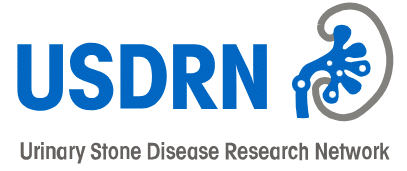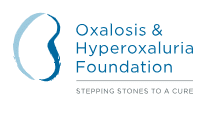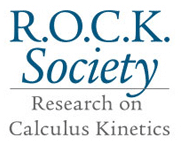Have you had a Kidney Stone ?
Kidney stones can be incredibly painful and disruptive, but they also inspire us to find better treatments, support, and solutions for those affected. At the Kidney Stone Engagement Core (KSEC), we are a team dedicated to transforming kidney stone disease research. Our mission is to improve the lives of patients, caregivers, and clinicians by fostering collaboration and making sure our research directly reflects the needs of those who are most impacted.
Find A Study
Who We Are
KSEC brings together a unique group of 16 individuals, including clinicians, researchers, patients who have experienced kidney stones, a caregiver, and a patient advocate. By uniting medical expertise with firsthand patient experience, we aim to close the gap between research and real-world challenges. Together, we are committed to driving meaningful change in kidney stone treatment and care.
If you’ve had a kidney stone or are interested in contributing to research that truly makes a difference, join us in our mission. Your voice can help shape the future of kidney stone research and ensure that the needs and priorities of patients are always at the forefront.
Joining KSEC at the beginning of 2024 deepened my commitment to empowering others through effective communication and advocacy.
Get Involved
Are you interested in learning more about how to join the Kidney Stone Engagement Core?
What We Do
Our mission is to revolutionize kidney stone research by actively engaging patients, caregivers, clinicians, and researchers. Through the Kidney Stone Engagement Core (KSEC), we are pioneering a patient-centered approach to comparative effectiveness research. We collaborate at every stage of clinical trial design, from identifying research questions to selecting meaningful outcomes, and from designing patient-centered trials to contextualizing results.
Prioritized Research Agenda
The incidence of kidney stone disease in the United States has doubled over 15 years with a prevalence now equivalent to that of diabetes. Despite the high morbidity of kidney stones, most existing medical and surgical treatments for children and adults with kidney stones are not supported by high-quality evidence. In addition, use of patient-reported outcomes in existing trials is lacking. We thus propose a multi-staged approach to strengthen the existing infrastructure of stakeholder engagement in PKIDS, expanding inclusion to adult patients and other key stakeholder groups, in order to define a research agenda for comparative-effectiveness trials in kidney stone disease that reflects the priorities of all stakeholders. The patient-prioritized research agenda will include actionable patient-centered recommendations for surgical and medical trials for adults and children with kidney stones and will create an integrated group of stakeholders for partnership in these trials.
Sign Up for Our Newsletter
Meet Our Team
KSEC is currently composed of individuals, including clinicians and researchers, patients with kidney stones, a caregiver of a patient with kidney stones, and a patient advocate. Specific to clinical trial design, patient and stakeholder engagement can be applied at multiple steps in the process, including identification of research questions, selection of key trial outcomes including relevance to patients and stakeholders, input on pragmatic and patient-centered trial design, and contextualization of results.
KSEC Partners
Our Work
KSEC members are involved in several efforts to amplify the voice of patients and caregivers for kidney stone disease. Click below to learn more.
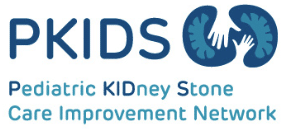
PKIDS
PKIDS stands for the Pediatric KIDney Stone Care Improvement Network. We are a community of patients, caregivers, clinicians, and researchers who perform collaborative studies of
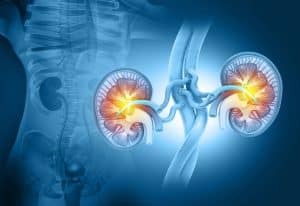
Practical Work
Methods:
Our protocol includes 3 phases: elicitation of key research themes, refinement of research themes into research questions, and prioritization of research questions into
